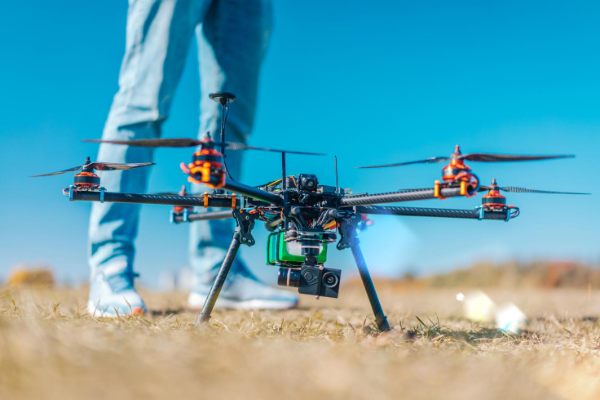As technology advances, so might the law. When it comes to the use of drones, this statement is particularly true. This past legislative session, South Dakota updated its surveillance protection laws, which went into effect last month on July 1 and is now codified as SDCL § 22-21-1.
The general premise of the surveillance protection law remains unchanged by House Bill 1065, which aimed to revise drone surveillance protections. As in the earlier version, the current law states that, unless authorized by law to do so, individuals may not engage in a number of surveillance activities. Particularly, no person may trespass on the property with the intent to subject anyone to eavesdropping or other surveillance in a private place. It is also unlawful to install, in any private place, without the consent of the person or persons who are entitled to privacy there, any device for observing, photographing, recording, amplifying, or broadcasting sounds or events in such place, or to use any such unauthorized installation.
Specifically related to drones, one may not intentionally use a drone to photograph, record, or observe another person in a private place where the person has a reasonable expectation of privacy. Additionally, a drone operator may not land the drone on the property of another, either on land or in water if the resident owns the land beneath the water in its entirety, without the owner’s consent. The provision regarding landing without a property owner’s consent does not apply in cases of a forced landing, but in those instances, the operator of the drone will be liable for the damages resulting from the forced landing.
The main changes to the previous law, however, revise and clarify the exceptions to unlawful surveillance activities. Now, the above-mentioned restrictions related to drones do not apply when an operator is using the drone for bona fide business or government purposes and unintentionally or incidentally photographs, records, or observes a person. Additionally, these restrictions do not apply to designated emergency management workers operating a drone in the scope of their duties. Any person who violates these provisions and does not fall into one of the mentioned exceptions is guilty of a Class 1 misdemeanor.
Author: Samantha Merrill, Legal Intern
Co-Author: Stacy Hegge, Attorney


